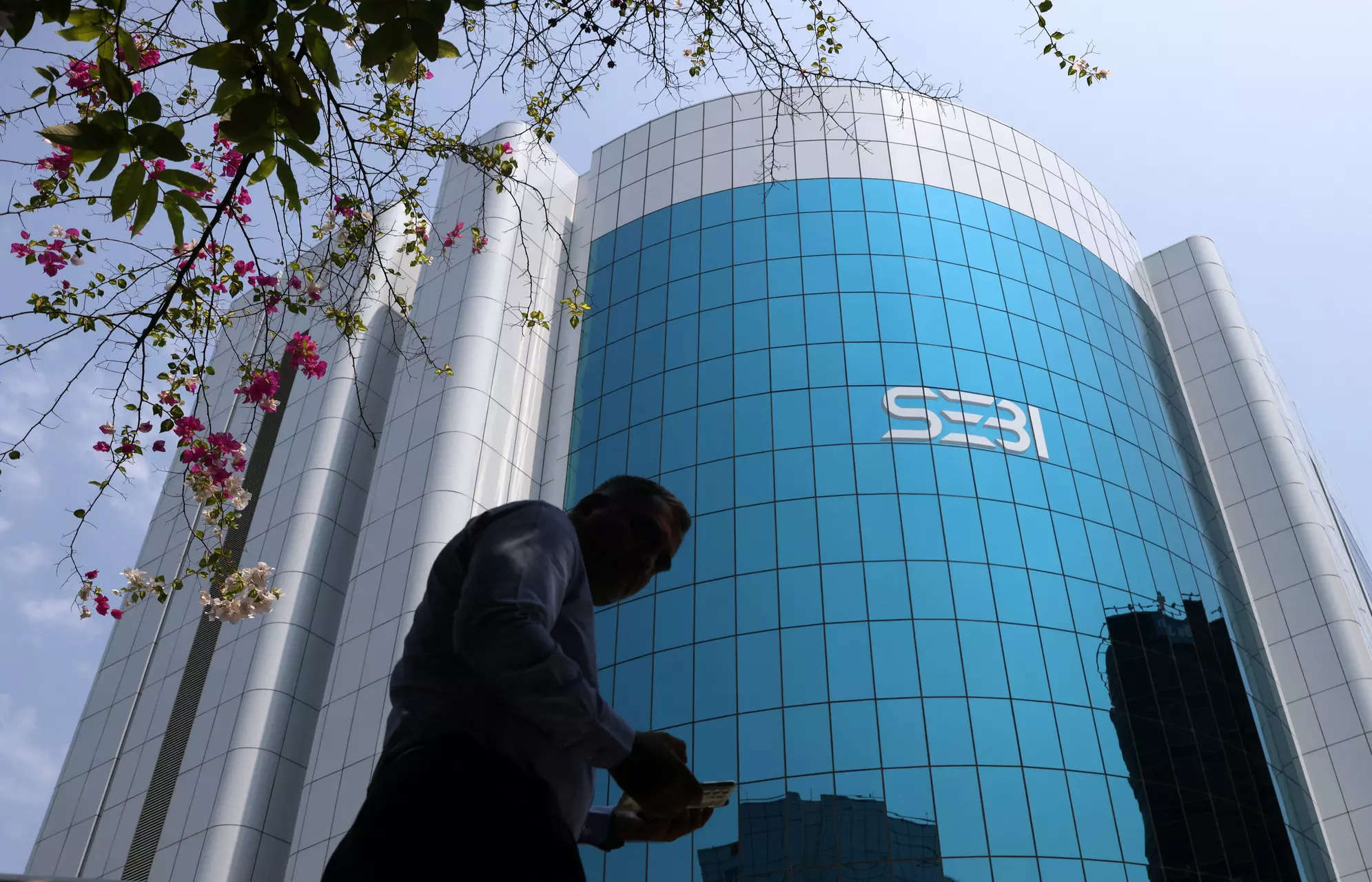sebi board meeting outcome: sebi board approved further relaxation of disclosure norms for FPIs.

The relaxation of certain disclosure norms is aimed at ease of doing business.
The market regulator has also approved a beta version of optional T+0 settlement for a limited set of 25 scrips and a limited set of brokers. Optional payments will take effect from March 28th.
Last month, the capital markets regulator published a consultation paper seeking comments on proposals to relax additional disclosure requirements for foreign portfolio investors.
The market regulator said that additional disclosure requirements will be exempted if the combined holdings of all FPIs of the top companies in the group are less than 3% of the company’s total equity capital.
In August last year, Sebi had made it mandatory for FPIs to disclose details of entities over which they hold ownership, economic interest or control, without any norms. However, many FPIs have made representations to regulators requesting certain relaxations in disclosure requirements. Also, in its board meeting on Friday, Sebi approved relaxing the schedule for disclosure of material changes in FPIs. Currently, FPIs are required to disclose to DDP within seven business days any material changes to information previously provided. The regulator has also approved providing flexibility to FPIs in dealing with securities after expiry of registration.
FPI registrations that have expired due to non-payment of registration fees can now be reactivated within 30 days of the expiration date.
Other proposals accepted by the Sebi board are:
Beta version of optional T+0 payments
Following the launch of the beta version of optional T+0 payments, Sebi will continue with further stakeholder consultations, including with users of the version.
The Board of Directors will review progress three and six months after the effective date and decide on future actions.
Relaxing standards for IPOs
To ensure easier access to public markets for companies, the regulator has accepted a proposal to scrap the 1% deposit requirement for share offerings/rights issuance.
Additionally, non-individual shareholders holding more than 5% of the equity capital of a promoter group entity and post public offering may contribute to the Minimum Promoter Contribution (MPC) without being identified as a promoter.
Shares resulting from the conversion of mandatory convertible securities held during the year prior to filing the DRHP are also considered to meet the MPC requirements.
Sebi noted that the increase or decrease in the size of the offer for sale (OFS) for which fresh submissions are required will be based on only one of the criteria (issue size in rupee or number of shares) disclosed in the draft offer document. .
Relaxation of certain norms for listed companies
The regulator also relaxed some compliance requirements for listed companies, including introducing a three-year sunset clause to stop applying the market capitalization threshold provisions.
The board approved extending the listed company’s timeline from three to six months to fill key management vacancies, which require statutory authority approval.
Meanwhile, the board meeting advance notice schedule has been shortened to two business days.
Verification of market rumors of listed companies
To facilitate a uniform approach to verification of market rumors, Sebi has specified uniform assessment criteria for verification of rumors in terms of material price movements of listed companies.
Accordingly, promoters, directors, key executives and senior management must respond in a timely manner to listed companies to verify the rumors.
The regulator said unconfirmed incidents or information reported in print or electronic media should not be considered as ‘generally available information’ under Sebi rules.
Other proposals approved by the Sebi Board include:
- A framework that provides flexibility to Category I and II AIFs to set the burden on shareholdings in infrastructure sector investment companies.
- Extends the mandatory implementation schedule of listing norms for high-value listed companies (HVDLEs).
- It provides additional flexibility for AIFs and their investors to deal with unliquidated investments in the scheme even after the expiry of the holding period.




